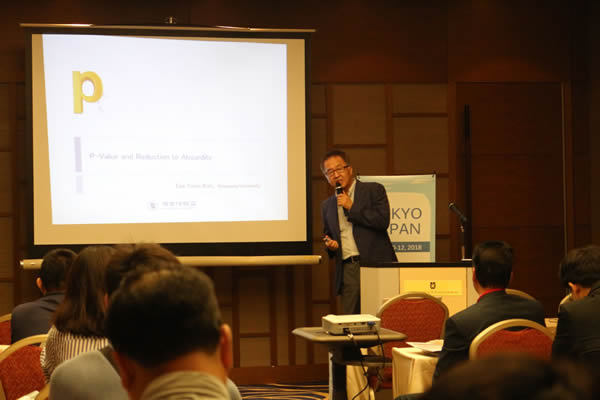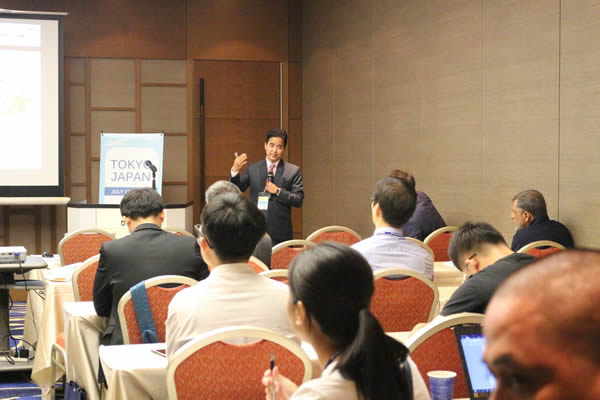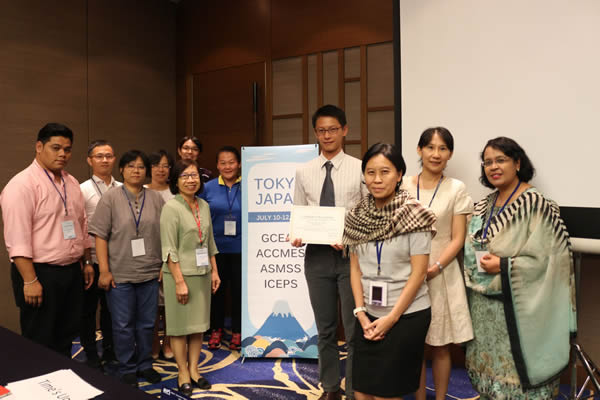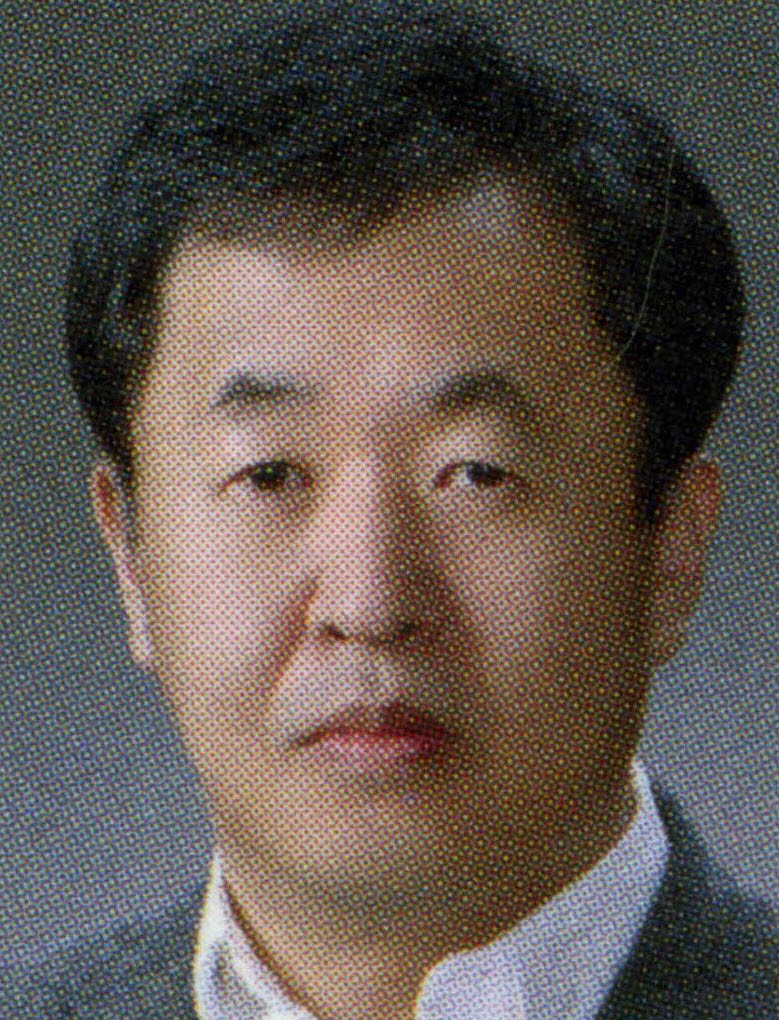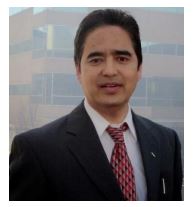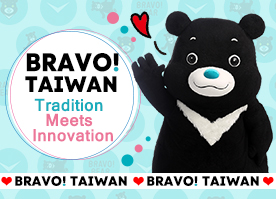2018 GCEAS
Global Conference on Engineering and Applied Science
July 10-12, 2018 in Tokyo, Japan
Keynote Speaker
Dr. Tae Yoon Kim
Department of Statistics
Keimyung University
Topic: P-value and Reduction to Absurdity
Abstract:
Statistical hypothesis testing is a procedure that verifies a given hypothesis through statistical analysis, using collected data. Hypothesis testing employs the p-value to draw conclusions about the underlying population via sampled data. The p-value, a calculated probability from sampled data, is an important tool in determining whether to reject the null hypothesis. However, most users seem to have difficulties understanding the logic behind it. Hence, this talk aims to help users understand and use the p-value adequately by elaborating on its logical meaning. The logic of using a p-value for hypothesis testing is close¬ly related to the “reduction to absurdity,” a mathematical proof technique. This technique assumes that an existing fact is true and creates a critical contradiction to this assumption to conclude that the new finding is indeed true, such as when it is applied to prove that “ is an irrational number.” We also discuss some essential terminologies employed in testing; null and alternative hypothesis, significance level, size, power, type I error and type II error. These will be explained via practical episode.
Dr. Prem Parajuli
Associate Professor
Mississippi State University
Topic: Watershed Science and Engineering Assessment: Surface-Ground Water Modeling Case Studies
Abstract:
Surface and ground water processes can be affected due to hydrological and watershed management practices. Improve understanding of watershed characterization, conservation management, and use of hydrological and water quality modeling tools are essential to improve water quality, water quantity, and agricultural productivity in the agro-ecosystems. Point and non-point pollution sources are often identified in the watershed systems and conservation practices are implemented to reduce mostly the non-point source pollution, water, soil and nutrient loss from agricultural watersheds. Conservation practices implemented in the watershed will be evaluated for their impacts on stream water quality and quantity using hydrological and water quality model simulated outputs and field observed stream flow and water quality data. In addition, several case studies of watershed modeling simulation scenarios will be presented. The modeling scenarios may include stream flow, water quality pollutants (sediment, nutrient) transport process, land use and climate change impacts, nutrient source assessment, model calibration and validation strategies with statistics (e.g. regression analysis, correlation coefficient, Nash-Sutcliffe efficiency index, root mean square error), and future challenges in watershed modeling.
Keywords: watershed, surface-ground water, model, hydrology, water quality


